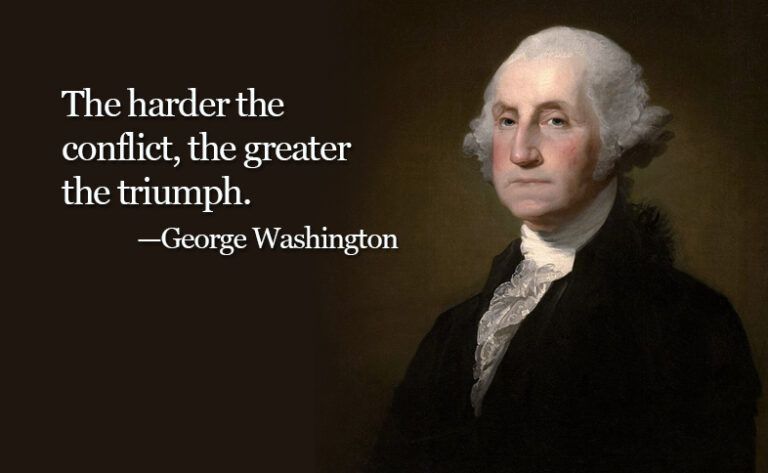Barry Williams was my best friend when I was growing up in White Plains.
In many ways, our lives were completely different. He lived in a two-story clapboard house with a backyard; my family occupied a railroad flat in a tenement building.
My home life was troubled; his seemed serene. He was black; I’m white. I dropped out of high school; he went on to Harvard. But what we had in common—what made all the difference in the world to me—was Barry’s mother, Mrs. Williams.
I didn’t even know her first name. She was always Mrs. Williams, the tall, dignified schoolteacher across the street who was rearing three sons on her own.
Sometimes Mrs. Williams told us stories. “A long time ago, in the marsh country of England, there lived an orphan boy named Pip,” she might say. “One bleak evening he was visiting the graves of his parents. The sky darkened, and the wind blew, and the boy, afraid, started crying. Suddenly a deep voice roared, ‘Keep still or I’ll cut your throat!’ and a terrible figure rose from among the tombstones.”
“Then what happened?” I asked, enthralled.
“If you’d like to know,” she answered, smiling, “read the book Great Expectations, by Charles Dickens.” She made me want to go to the library.
Other times Barry and I would be out in the driveway on a Saturday shooting hoops, and his mother would say, “Boys, could you come and give me a hand?” The next thing we knew, we would be helping her with a student she was tutoring. I felt proud that Mrs. Williams valued my help. I didn’t realize until much later that by teaching someone else Barry and I were learning too.
Mrs. Williams made sure Barry and his brothers did their homework, and if I happened to be visiting, she watched while I did mine. Usually Barry and I studied at the kitchen table. Mrs. Williams stayed nearby, in case we had a question. At home I lived in fear of my father’s alcoholic rages, and I wasn’t used to that kind of discipline—or attention.
Her favorite words of encouragement were, “You can do this.” I heard them often because I was impatient and easily frustrated. When a math problem refused to yield its secrets or an essay had me confounded, I gave up and slammed my pencil on the table. Calmly, Mrs. Williams took a seat beside me and talked me through the assignment step-by-step. Something about her quiet reassurance, “You can do this, Walter,” settled me down, and I managed to finish my homework.
Barry and his brothers went to private schools—an expense that must have strained Mrs. Williams’s budget—and she worried about the quality of my education. One day she took me to a local parochial school, had me tested, then persuaded my parents to let me change schools.
I attended for a while, but, after an angry exchange with a teacher, I was told not to come back. Unperturbed, Mrs. Williams took me to another school, had me tested again, made sure I would receive the necessary financial assistance, then convinced my parents that it was important for my future. I made it through two grades in one school year.
When we were ready for high school Barry applied to boarding schools. Mrs. Williams believed that would be the best thing for me as well. Anything to get me away from the streets, where she saw too many kids getting into trouble. I was accepted into a prep school and again awarded a scholarship. But when I saw the other students—kids in pressed shirts and blazers—all my old insecurities came rushing back. I couldn’t do it. I entered the high school in town. A year and a half later, failing nearly every subject, I dropped out.
One of the hardest things I’ve ever had to do was tell Mrs. Williams. She gazed at me with her cool brown eyes and said nothing. “I’m going into the Marines,” I said, shrugging. “I won’t need high school.”
“Okay, Walter.” Her voice was quiet, resigned. “I don’t agree with you, but you’re old enough to make your own decisions.”
Six months later, in the Marines, I realized how right she was. In three and a half years I would be out of the service, a 21-year-old with no diploma. What sort of future would I have? Dear Lord, I prayed, please give me another chance.
The next morning, I went to the First Sergeant and said, “I want to go to school.” The first step was to take an exam for a high-school equivalency diploma. I must have done well, because after seeing my scores, the Marines enrolled me in a special electronics program.
Again I felt out of my league. Dear God, I prayed, let me pass just one course. The instructor began his lecture. I started taking notes, but there was so much I didn’t know; so much I was afraid I would never know. There’s no way I’ll get through this class, I thought, putting my pen down. I should just walk out the door right now.
All at once I heard a familiar voice inside my head, warm and reassuring: “Don’t give up, Walter. You can do this.” I wasn’t so sure, but I owed it to Mrs. Williams—and to myself—to try. Taking a deep breath, I picked up my pen and concentrated on my instructor’s lecture.
I graduated seventh in a class of 24. It was the biggest thrill of my life. I can’t wait to tell Mrs. Williams, I thought. But by the time I made it back home the Williamses weren’t living across the street anymore. They had moved and no one knew their new address.
After the Marines I went on to receive my bachelor’s degree. By the age of 26 I was well into a career in journalism. I became a newspaper editor and eventually editor-in-chief of Parade magazine.
Several years ago when I spoke at a dinner, I told the audience, “All the successful people I’ve known have one thing in common. In their childhood there was someone who said, ‘I believe in you.’ For me, that was my best friend’s mother, Mrs. Williams.” It was gratifying to give her credit. Still, I longed to tell her how she had changed my life, to thank her for all she had done for me.
Some time later, I talked to Parade‘s senior investigative-reporter about Mrs. Williams. “I wish I could get in touch with her,” I said.
“I can find her,” he declared.
A few days later he called. “Walter,” he said, “Mrs. Williams lives a few miles away from you. She’s retired from teaching, and her son Barry is a successful attorney.”
Mrs. Williams and I had a reunion at my house. All I could do at first was thank her over and over again. Then the words spilled out in a rush, as I told her about everything I had accomplished, eager to make her proud. “I graduated college as valedictorian. Then I got into journalism and today I’m the editor-in-chief of a magazine.”
She gave me a broad smile. “Of course, you are, Walter,” she said, her voice as full of assurance as it had been so many years ago. Ilza Louise Berry Williams never doubted for a moment that I could accomplish anything I set my mind to. It just took me a while to believe it for myself.
Read more stories about positive thinking.


